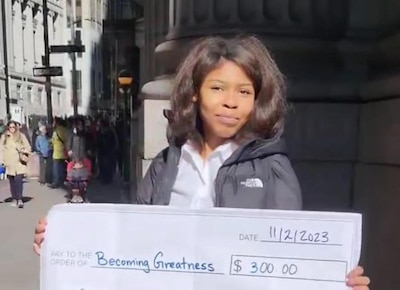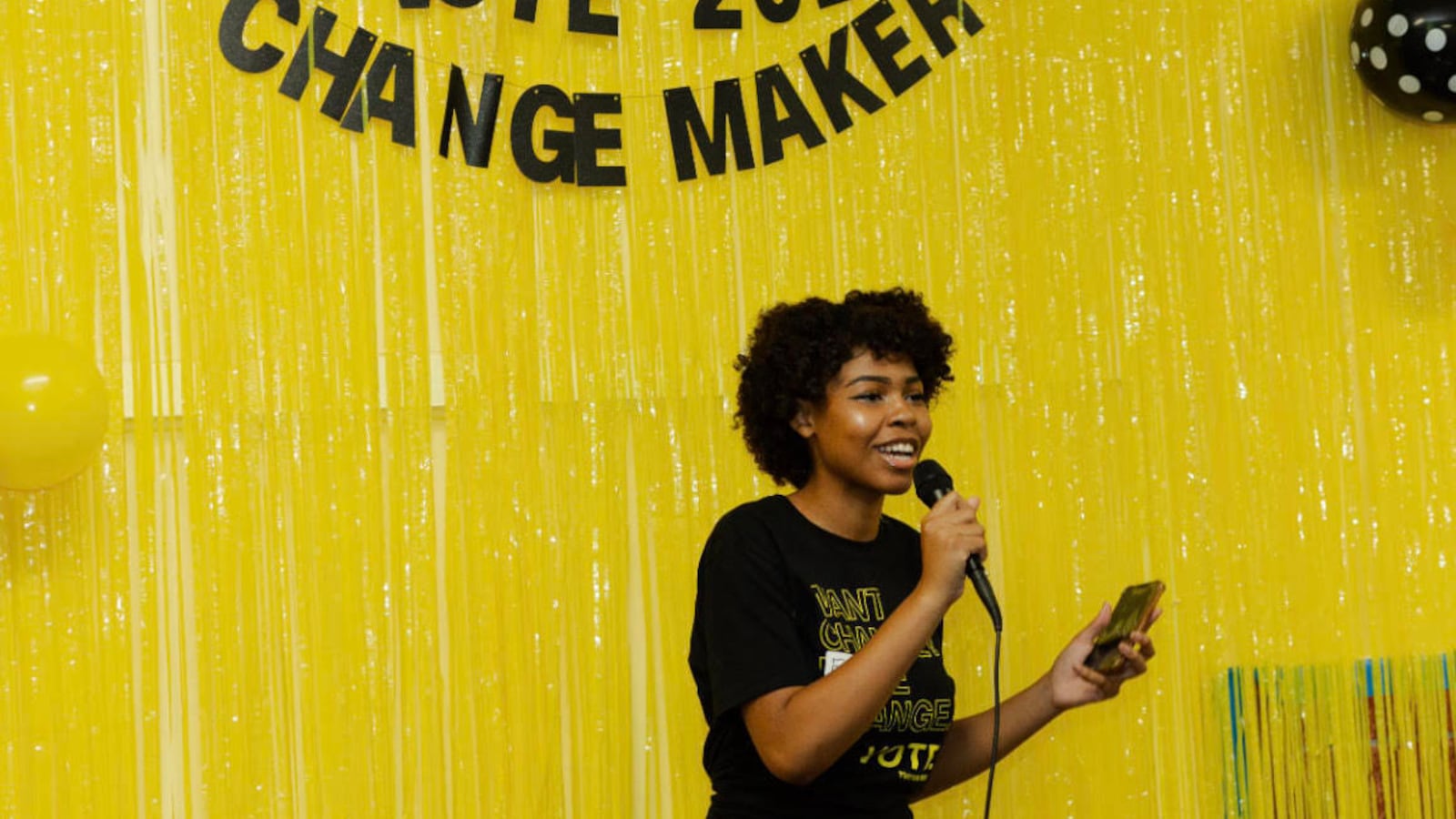I sat in my room on a half-broken laptop worriedly staring at the high school application portal. At only 13 years old, I had to make a big decision: where I would spend the next four years. It was the beginning of winter, the season was changing, and like the cold weather, I already felt life rushing at me.
I went to a small middle school, where all 300 or so students shared one floor of a building, one gym, and one guidance counselor. My grades and test scores were competitive, but I wasn’t encouraged to apply to any of the city’s elite public high schools. I remember my guidance counselor telling me that “students from our school rarely ever get admitted into the top high schools.”
I ranked Harry S. Truman High School in the Co-Op City section of the Bronx as No. 1 on my application. When I told my siblings, there was fear in their eyes. Truman, they said, was “one of the worst schools in New York City.” While it was no secret to me that Truman had a bit of a reputation, I was enthusiastic about my decision.
I chose Truman because it is the largest comprehensive school in the Bronx. It has lots of sports and clubs, and did I mention a phenomenal four-year law program (because by age 13, I thought I wanted to be a lawyer). I ignored my siblings’ cries and embraced my choice.
My freshman year was unconventional, considering it was 2020-21, and most New York City high school students were learning online. I decided to go to school in person because I wanted the classic high school experience. But the school building and the classes were mostly empty. After just a week or so, I found the entire experience to be so depressing that I switched back to online learning.

I worked hard during my freshman year, staying after class to talk with teachers and joining many virtual clubs at my school. I found it difficult to make friends or even find other students who were as equally committed to their studies and as shy as I was. Unable to find my place, I began to regret choosing Truman.
I was beyond thrilled to find out that school would be returning in person for my sophomore year. At Truman, I made more friends, tried out track, and continued to take part in student government and mock trial. Although I fell out of love with the idea of becoming a lawyer, I developed a deep interest in politics.
While I valued these experiences, going to Truman was often bittersweet. Each day, I had to wait in long lines to go through metal detectors, which felt dehumanizing. Sometimes it was hard to concentrate because there were loud and disruptive students in the hallway. I also questioned some of our peculiar school policies, like those about who could enter the cafeteria and when.
Desperately wanting to escape the bubble of my school, I applied to the Family Court Division Youth Leadership Council. I was interviewed by a lawyer who was impressed with my passion, responses, and high grades. Then I told her where I went to high school. “Truman?” I remember her saying. “I haven’t heard good things about that school.”
Although I was selected to serve on the Youth Leadership Council, the interviewer’s surprise was the first of countless bursts of astonishment I’ve heard when I mentioned my school to people who knew of it but didn’t go there. “You go to Truman!?” people would say. “You don’t seem like it!” People assumed that attending Truman meant that I was mean, “ghetto,” unknowledgeable, and just everything short of the high-achieving high school student I was.
But I was determined to prove them wrong, not only for myself but also for the countless Truman students who work hard and do wonderful things despite the systemic inequities that many of us experience. (During the 2022-23 school year, some 88% of Truman’s nearly 1,900 students were Black and Hispanic, and nearly four out of five came from low-income households, according to city data.)
By getting involved with different organizations, such as the Youth Leadership Council, I was able to expand my network. One door opened the next, and soon, I found myself giving speeches at youth conferences to hundreds of people, being one of the youngest Young Scholars at the African American Policy Forum, and winning both national and citywide awards for my artivist poetry (and getting my poetry published).
Recognizing that a majority of students at my school did not have the same access to the resources and networks I was fortunate to discover, I decided to launch a mentorship program, Becoming Greatness, connecting underclassmen from marginalized communities to high-achieving upperclassmen who are also from marginalized communities. I won funding through a citywide pitch competition, and I’m currently working with my school’s administration to facilitate the official rollout of the program.
To my astonishment, I opened my email last summer and learned that I had been nominated for a prestigious Posse scholarship, which provides full-tuition leadership scholarships to partnering colleges and universities (as well as pre-collegiate training, professional development opportunities, and more). Where I come from, it’s not common for students to attend elite colleges, let alone receive merit scholarships to those schools. During my three long Posse interviews, I often felt like an imposter being surrounded by people from some of the most renowned high schools in the city. The sheer competitiveness and high stakes during the final interview nearly left me in tears.
But last month, I received the exciting news that I was chosen from among thousands of Posse Scholar nominees to attend Vanderbilt University.
It’s winter again now, just like in years past and just like in years to come. The only difference now is that I’m 17 and can’t help but softly smile at how far I’ve come. Even though people may have doubted me, my unwavering passion to expand my horizons has allowed me to persist. As I look forward to college, I’m just as determined to seize further opportunities — whether that means continuing my work to bridge educational disparities or studying abroad in France. But four years after submitting my high school application, I can confidently say that it’s never where we go but the fruit we make of it.
Emily Munoz is a 2023-24 Chalkbeat Student Voices Fellow. She is an award-winning and published artivist poet and an advocate for intersectional racial and gender equity. A Young Scholar at the African American Policy Forum, a podcast host with Next Generation Politics, and a Teen Reading Ambassador at the New York Public Library, Emily is passionate about educational equity and plans on majoring in Political Science. Emily will be attending Vanderbilt University as a Posse Scholar in the fall.


